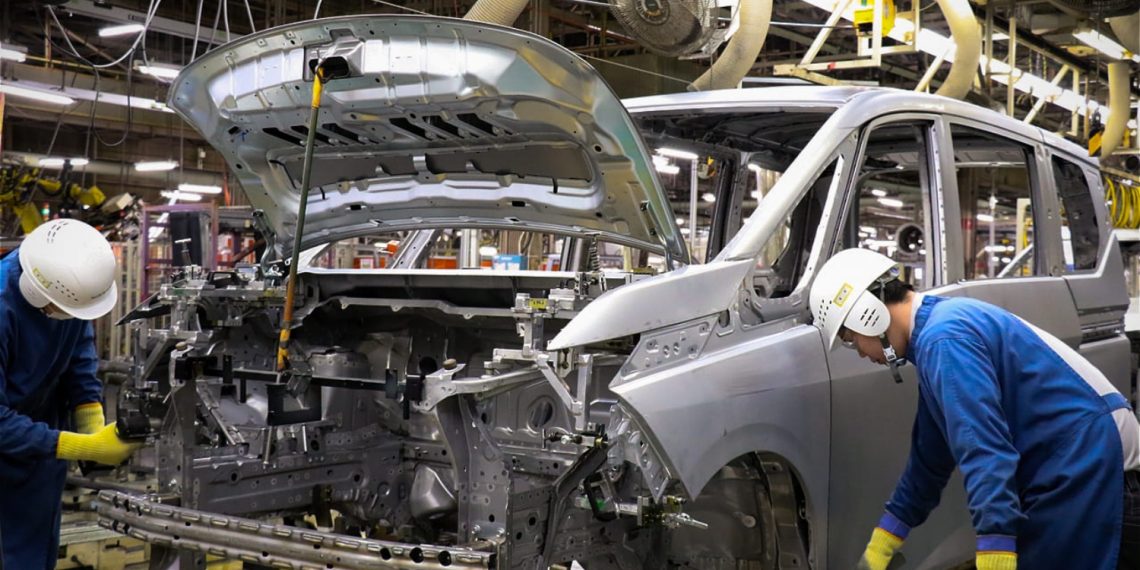Nissan has announced that it will expand the use of low CO2 emission steel produced in Japan. The initiative aims to increase the proportion of low-carbon steel used by the brand in the Japanese market fivefold by the fiscal year 2025, compared to levels in 2023.
This measure is part of Nissan’s strategy to reduce CO2 emissions by 30% over the entire lifecycle of its products by 2030, with the goal of achieving carbon neutrality by 2050.
To achieve these ambitious goals, the company has intensified its decarbonization efforts at all stages of the process, from raw material procurement.
Currently, steel parts account for approximately 60% of a vehicle’s weight, and thus, the use of low-emission steel significantly contributes to reducing CO2 emissions throughout the entire lifecycle of the automobile.
A significant portion of CO2 emissions originates from the reduction of iron ore in blast furnaces. With green steel, Nissan aims to reduce these emissions by using raw materials from low-carbon iron ore or by replacing the blast furnace with an electric arc furnace.
It is worth noting that Nissan began using green steel in vehicles intended for the Japanese market in 2023.









